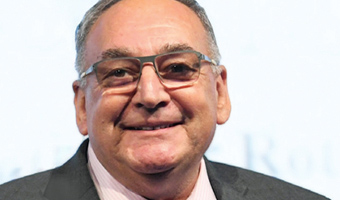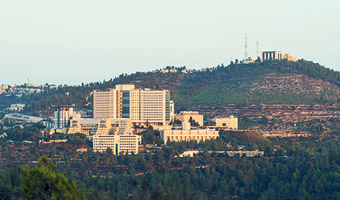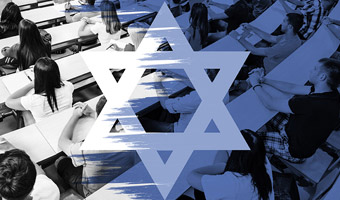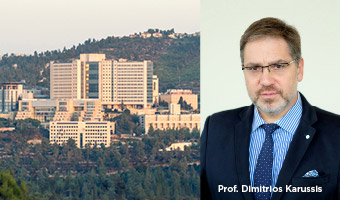Janice Greenwald
Hebrew Studies
The founding fathers could not have imagined, in their wildest dreams, that the refuge they created would become home to such a diverse population of ingathered exiles, pioneers, refugees and dreamers who today make their homes within her borders. The Yishuv leadership were primarily Ashkenazim who had come from Europe. They were only marginally aware of the Sephardic community, its traditions and its culture. Their divisions were primarily political, and often in conflict with the traditional observant religious community. They recognized the responsibility to make a home for the remnants of the Jews of Europe who had survived the Shoah. Within a few years of independence, they absorbed not only the remnants of European Jewry, but also the bulk of the Jewish communities of Iraq, Iran, Yemen, and Morocco. Every decade seemed to bring new ethnic communities to Israel.
The population has increased to 8.4 million people (74.9% are Jewish and 20.7% are Arabs). When the state was established in 1948 there were only 806,000 residents. Israel society is made up of many different groups. Even among the Jewish population there are various sectors: Ashkenazim, Sephardim, Secular, Orthodox, and Ultra-Orthodox. There are Arabs, non-Christian Arabs, Baha’i, Druze and Muslims. There are also small ethnic religious groups such as the Circassians and the Samaritans, and small Christian communities from Europe such as the German Beit el community in Zikron Ya’akov. This can also be divided in Olim and Sabras, those who came to Israel to live and those who were born in Israel.
Between the Jewish New Year 2014 and 2015, Israel welcomed 32,000 new immigrants. They came from the Ukraine, France, Russia and the United States.
The large non-Jewish minority in Israel is Arab, representing about one-fifth of the country’s population. Most of Israel’s Arabs live in Arab settlements in the Galilee on the eastern coastal plane in the northern Negev. There are also large concentrations of Arabs in mixed cities such as Haifa, Jerusalem, Acre and Ramle. The vast majority of Israel’s Arabs are Sunni Muslims with only about one tenth being Christian. There are the Bedouins and the Druze, separate religious communities but Arabs.
A study performed by the Pew Forum on Religion and Public Life found that one in four Jewish individuals currently live in a country other than the one that they were born in. Since the establishment of the state of Israel, Jews emigrated from 130 other countries. These continuous waves of immigration have left their mark on the country’s politics and society.
On November 23, 2015, Israel approved immigration for 9,000 Ethiopian Jews. These are the “last” group of Ethiopian Jews awaiting immigration to Israel. Two years ago the “last” group arrived with 450 Ethiopian Jews. There are many challenges for this group. Ethiopian Israelis lack employment, wages and education. Over 135,000 Ethiopian Jews have made Aliyah beginning in 1977 when the Sephardic rabbi of Israel ruled that the Ethiopian community was indeed Jewish. They have had to struggle to integrate since most came from poor and uneducated families, and from a very different culture. Many Ethiopians feel that they are discriminated against. Prime Minister Benjamin Netanyahu has promised to take steps to address this discrimination.
The diversity of Israel’s Jewish population leads to differences of opinion about the status of women, social and economic issues, foreign policy and state and religion, to name a few. Immigrant groups have preserved their traditions to varying degrees. The official and most common language in Israel is Hebrew, which is spoken by six million people. Next is Arabic, spoken by one million people. English is the main language for purposes of external relations. Many Israelis speak English and many of the signposts are in English, Arabic and Hebrew. Other languages are also spoken, such as Russian, Jewish-Arabic and Yiddish.
Unlike immigrants to other developed countries, who must apply separately for citizenship, Jewish immigrants to Israel automatically become citizens, according to the Law of Return. Even before their arrival to Israel the immigrants are offered training in language, housing and job search support. There is even economic support for the first several months. A central means of imparting Israel values and culture as well as the Hebrew language is for the Jewish immigrants to fulfill a military requirement.
In this changing and uncertain world, other countries can certainly look to the model that Israel has provided in the way that Israel has accepted people from other lands. Of course there have been challenges, but Israel has been successful in developing a strong democracy with a strong economy. May the State of Israel go from strength to strength.









